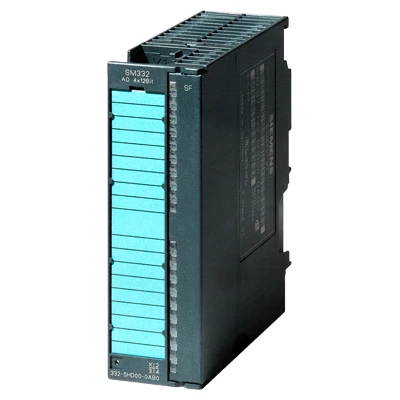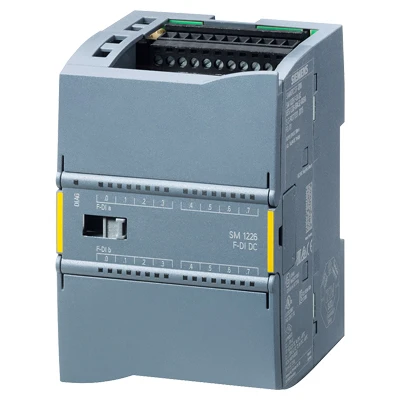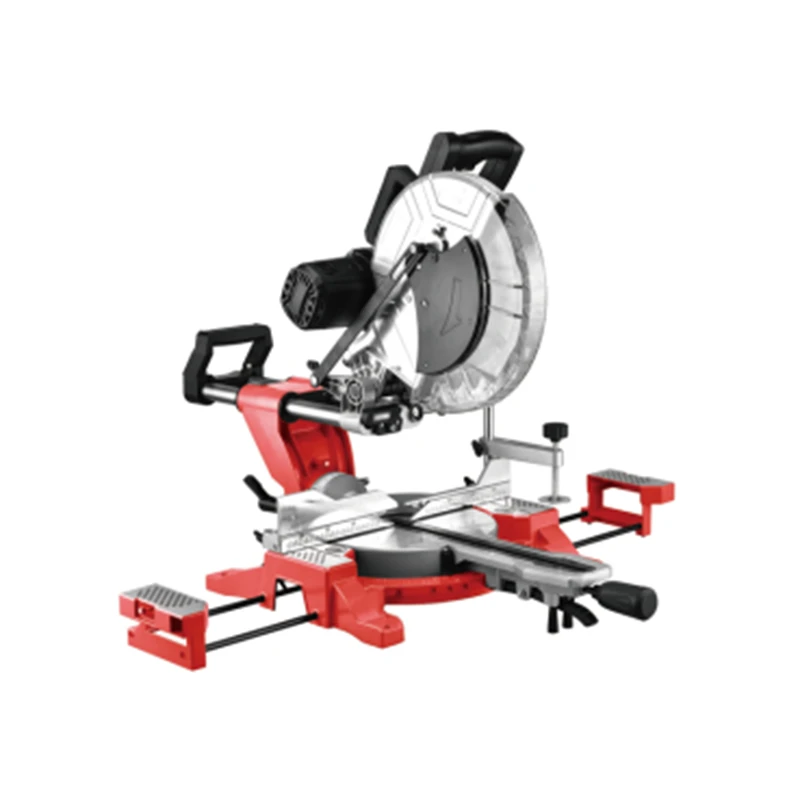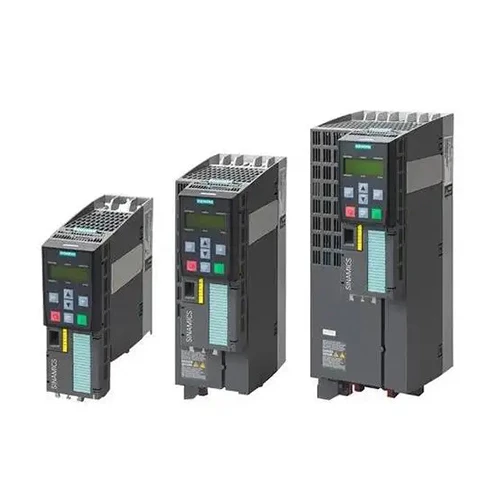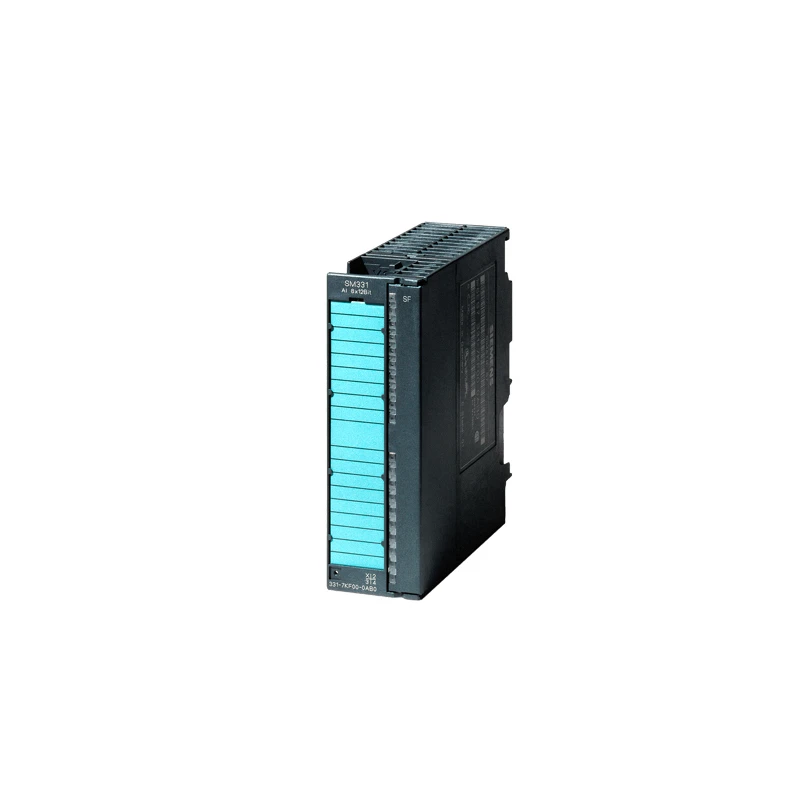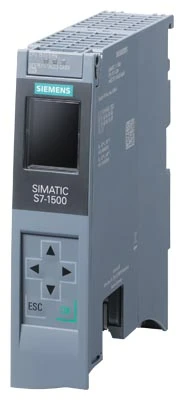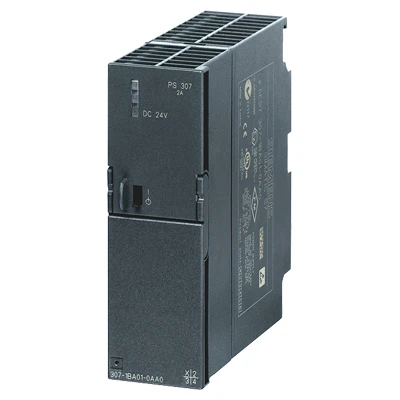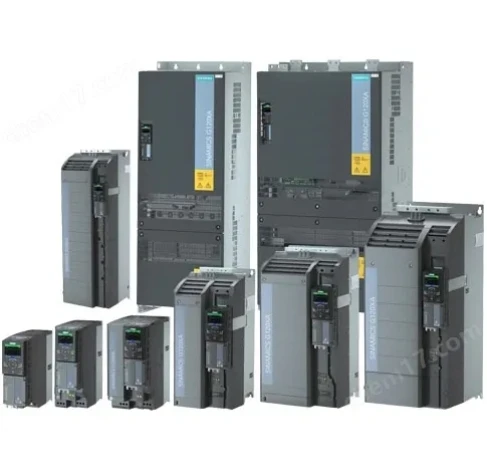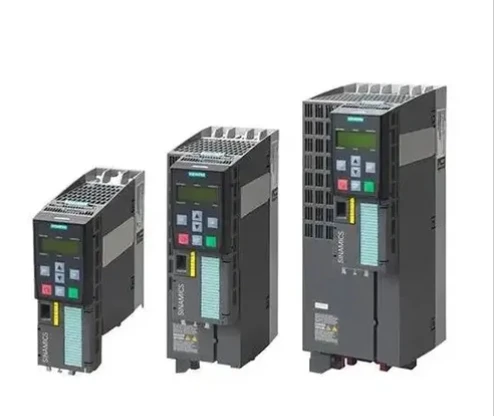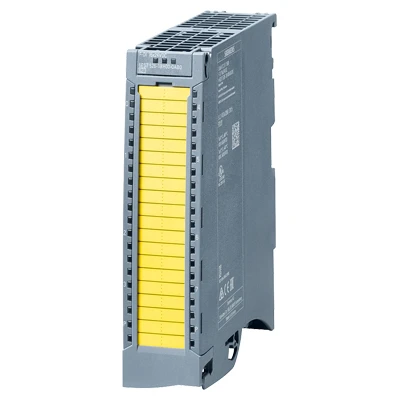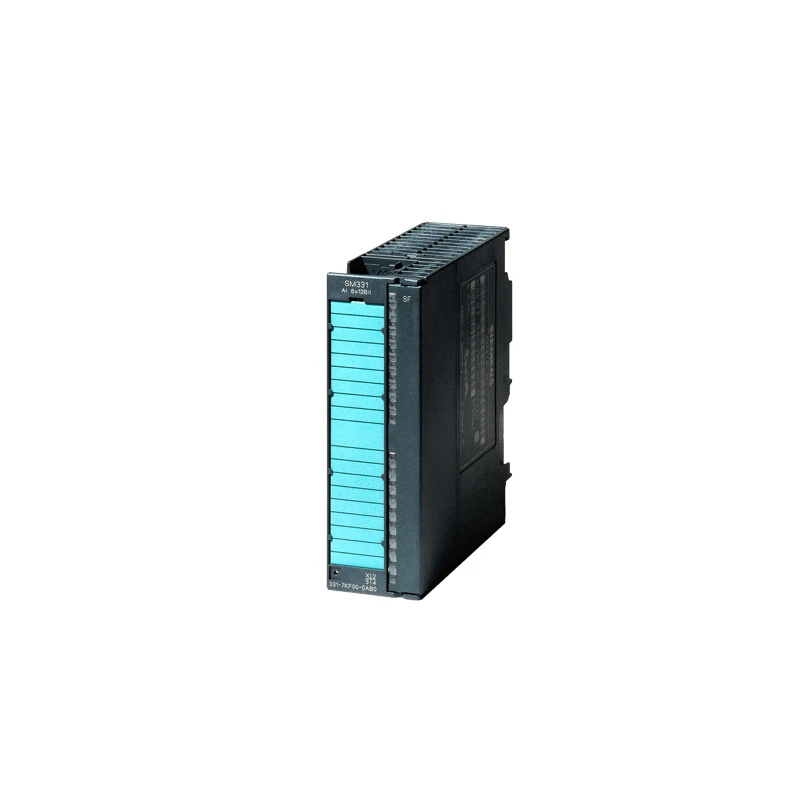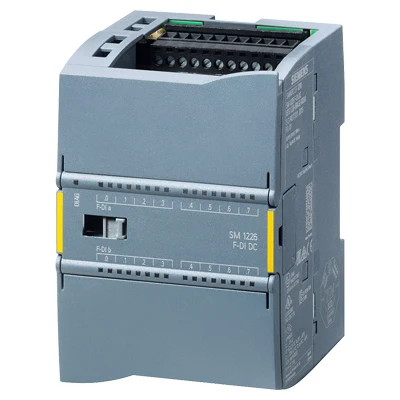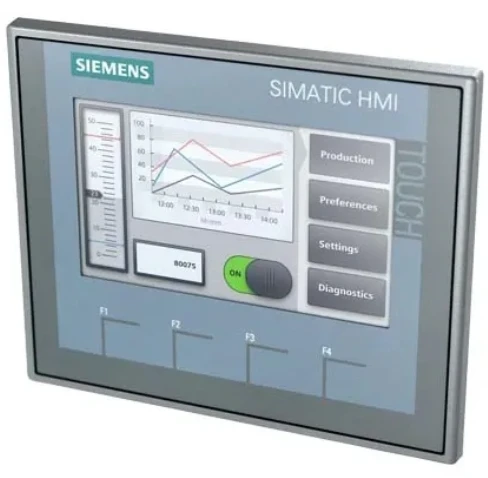Tianjin Yongkai International Trade Co., Ltd.
Explore Central Processing Unit Types for Sale – Compare Different CPU Models
Central Processing Unit (CPU) types play a pivotal role in defining computing and automation efficiency and performance across industries. This in-depth guide reveals central processing unit types, their specifications, technical advantages, vendor comparisons, customization solutions, and real-world case applications—all underpinned by data, diagrams, and professional standards. Discover trends, see parameter comparisons, and explore how to select the right central processing unit for sale for your project.
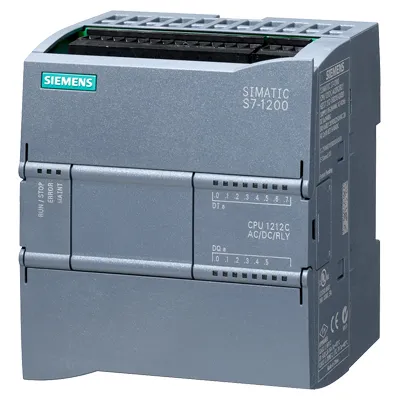
Industry Background & Latest Trends in Central Processing Unit Types
In 2023, the global market size for industrial central processing unit types reached $12.4 billion and is forecasted to grow at 7.5% CAGR through 2029 (Source: Market Research Future). With digital transformation, the demand for differentiated performance, enhanced reliability, and intelligent automation prompts innovation in central processing unit for sale—spanning general-purpose, embedded, industrial, multicore, and custom CPUs.
Modern CPU design emphasizes processing speed, power efficiency, resistant materials, and compliance with ISO9001, ANSI, and IEC standards, making the selection of different types of central processing unit vital for petrochemical, metallurgy, water systems, and AI-driven industries.
Modern CPU design emphasizes processing speed, power efficiency, resistant materials, and compliance with ISO9001, ANSI, and IEC standards, making the selection of different types of central processing unit vital for petrochemical, metallurgy, water systems, and AI-driven industries.
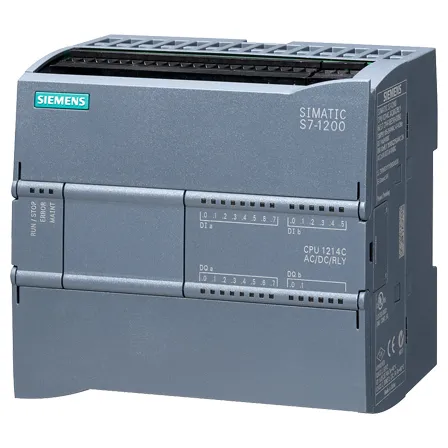
Classification & Overview: Central Processing Unit Types
The selection of central processing unit types hinges on application requirements, environment, and industry standards. Below is a comparison of mainstream CPU types, their architectures, and key specs.
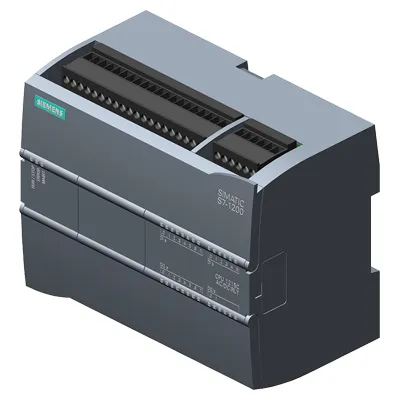
| CPU Type | Core Architecture | Clock Frequency | Cores/Threads | Process Node | TDP (W) | Typical Application |
|---|---|---|---|---|---|---|
| General Purpose CPU | x86, ARM | 2.0-5.5 GHz | 2-24/4-48 | 14nm~3nm | 10-125 | PC, Workstation, Server |
| Embedded CPU | ARM Cortex, RISC-V | 0.6-2.5 GHz | 1-8/2-16 | 28nm~7nm | 2-30 | IoT, Control Systems, Automotive |
| Industrial CPU | x86, ARM, MIPS | 1.2-3.8 GHz | 1-8/2-16 | 28nm~14nm | 3-35 | PLC, DCS, SCADA |
| Multicore CPU | x86, ARM, PowerPC | 1.8-4.2 GHz | 4-128/8-256 | 5nm~16nm | 25-280 | Servers, HPC, AI |
| Custom/ASIC CPU | ASIC, FPGA based | 0.4-2.0 GHz | 1-16/2-32 | 28nm~7nm | 3-20 | Industrial Automation, Niche AI |
Key Takeaways:
- General Purpose CPU: Balances performance and compatibility, best for versatile computing.
- Embedded CPU: Designed for control and low-power edge applications.
- Industrial CPU: Rugged, reliable, optimized for automation, typically with wide-temp tolerance.
- Multicore CPU: Enables high concurrency, used in demanding processing, virtualization, big data, and AI.
- Custom/ASIC CPU: For dedicated algorithms in automation or robotics, customizable for specific tasks.
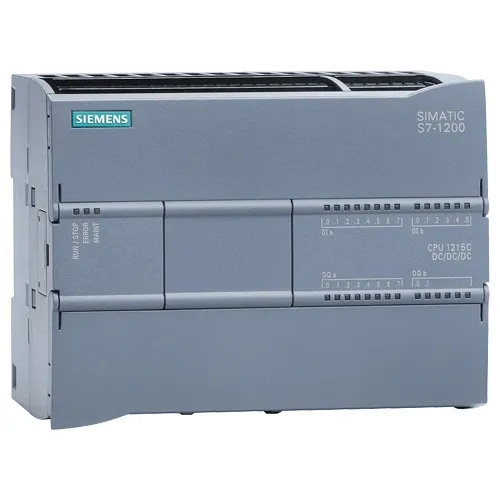
Technical Parameters & Performance Comparison
Below is a comparative visual summary of mainstream central processing unit types based on performance metrics, process size, reliability, and energy efficiency, assisting users in selecting the optimal central processing unit for sale.
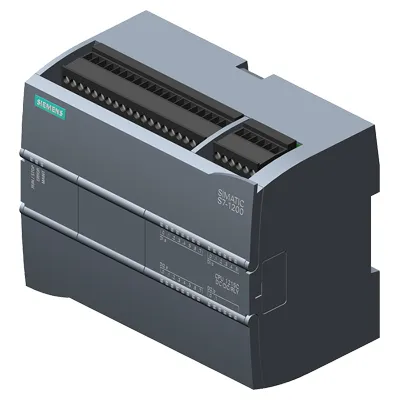
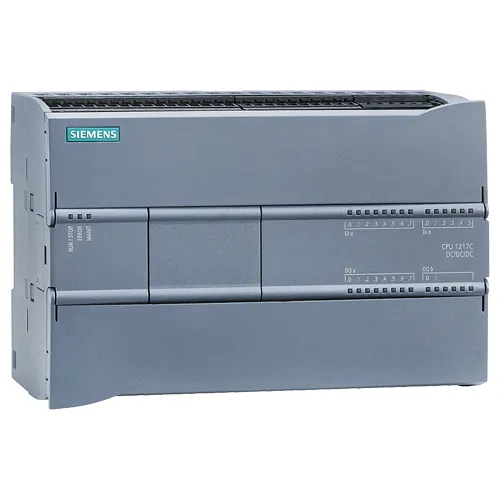
Manufacturing Process: Central Processing Unit Types Workflow
The precision manufacturing of central processing unit types involves advanced materials, stringent process control, and world-class standards compliance (ISO 9001, ANSI/TIA/EIA, RoHS), guaranteeing performance, safety, and durability.
Material Preparation (Silicon Ingot/Alloy Selection)
→
Wafer Slicing
Wafer Cleaning & Polishing
→
Doping & Layer Formation (Ion Implantation)
Doping
→
Lithography & Masking
Lithography
→
Etching
Etching
→
Metal Deposition & Interconnects
Deposition
→
Polishing (CMP)
Die Preparation
→
CNC/Casting Package Assembly
Automated Testing (ISO/ANSI)
→
Quality Inspection
→
Shipping
Key manufacturing nodes leverage precision casting, CNC milling, and cleanroom assembly. Final CPUs undergo automated functional and reliability testing (following ISO/IEC 19752, ANSI standards). These rigorous steps ensure batch-to-batch consistency, extreme corrosion resistance for petrochemical and metallurgical use, and life cycles over 10 years.
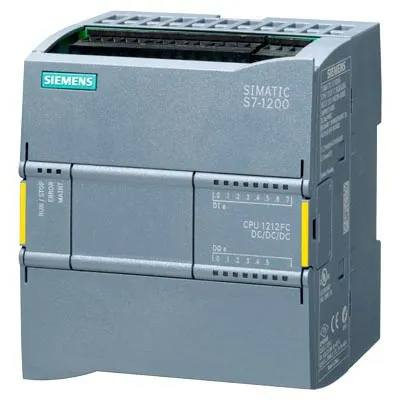
Material, Craftsmanship & Lifecycle
- Substrate: Ultra-high purity monocrystalline silicon, sometimes with specialized alloy doping for strength.
- Precision Machining: CNC, plasma etching, and cleanroom lithography for central processing unit types minimize defects and ensure alignment.
- Testing: Every CPU batch passes ISO/ANSI electrical and reliability tests (thermal shock, voltage, ESD) with pass rates >99.99%.
- Lifetime: 8-15 years MTBF (Mean Time Between Failure) for industrial CPUs, far surpassing typical consumer electronics.
- Industry Use: Suitability for petrochemical, metallurgy, energy, water automation, and high-availability AI edge computing, driven by their resistance to vibration, corrosion, and thermal cycling.
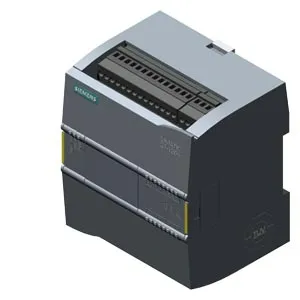
Vendor Comparison: Global Central Processing Unit Providers
Recognized global manufacturers of central processing unit types include Tianjin Yongkai, Intel, AMD, Siemens, ARM, and Texas Instruments. All listed vendors follow ISO 9001 and use automated testing in compliance with ANSI/IEC. Below is a comparative snapshot:
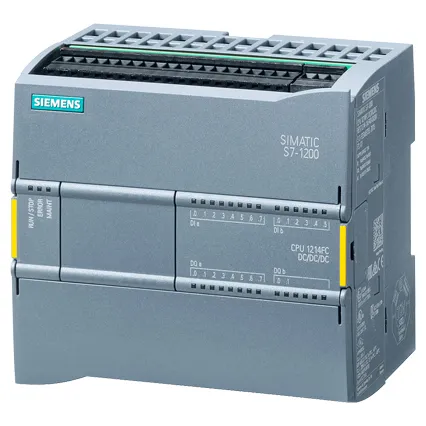
| Brand | Tech Process | Certifications | Core Range | MTBF (yrs) | Industrial Protection |
|---|---|---|---|---|---|
| Tianjin Yongkai | 14nm/7nm, CNC, ISO testing | ISO 9001, CE, ANSI | 2-128 | 10-15 | Anti-corrosion, -40~+90°C, vibration |
| Intel | 10nm~3nm, automated | ISO, RoHS, UL | 2-96 | 8-12 | Standard |
| AMD | 7nm, automated, CNC | ISO, CE, RoHS | 4-128 | 10-12 | Standard |
| Siemens | 28nm~14nm, industrial | ISO, ANSI/IEC, FDA | 1-16 | 12-15 | Full IEC/ANSI |
| Texas Instruments | 28nm~7nm | ISO, IEC | 1-8 | 10-15 | Automotive, Mil-Spec |
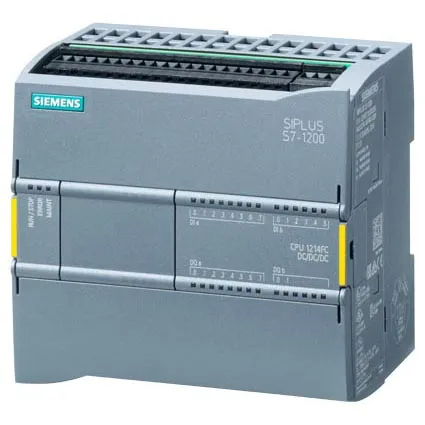
Customization Plans & Technical Support
Central processing unit types can be tailored for specific operational scenarios, including:
- High-temperature resistant CPUs for desert or furnace automation.
- Anti-corrosion surface treatment for petrochemical or maritime applications.
- Ruggedized housing (IP65/IP67) and vibration absorption for heavy industry.
- Extended lifecycle and 24/7 reliability for water automation & SCADA.
- Parameter customization: cores, cache, embedded networking, digital I/O.
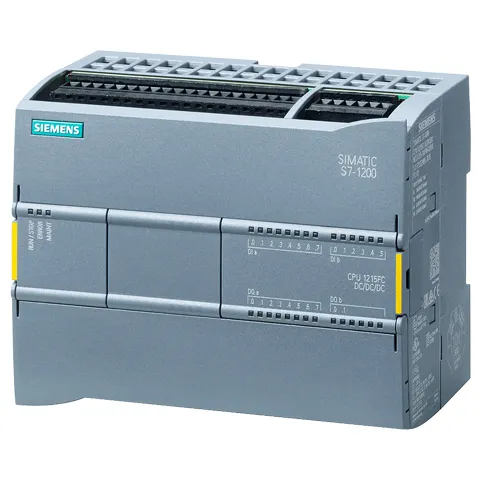
Application Case Studies
Case Study 1: Metollurgy Automation, Shandong
Project: Central Processing Unit for Sale in continuous casting SCADA.
Solution: Tianjin Yongkai provided custom ARM multicore CPUs (up to 8 cores, industrial standard -40~85℃), complete with anti-corrosion conformal coating, meeting stringent ASTM & ISO/IEC standards.
Result: System downtime reduced by 63%, energy consumption cut by 12%, and client maintenance calls decreased by 46%.
Solution: Tianjin Yongkai provided custom ARM multicore CPUs (up to 8 cores, industrial standard -40~85℃), complete with anti-corrosion conformal coating, meeting stringent ASTM & ISO/IEC standards.
Result: System downtime reduced by 63%, energy consumption cut by 12%, and client maintenance calls decreased by 46%.
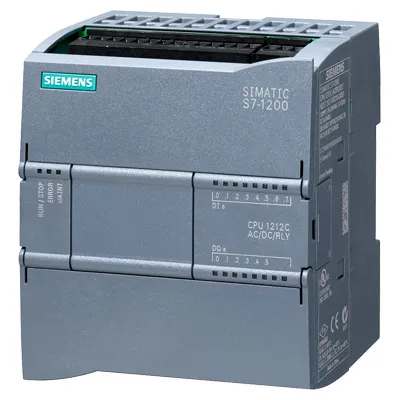
Case Study 2: Water Utility Smart System, Zhejiang
Upgraded different types of central processing unit for water flow and quality monitoring. Embedded CPUs (ISO/ANSI/IEC certified) achieved stable data uplink with real-time redundancy. Client feedback tested MTBF above 98,000 hours in actual installations.
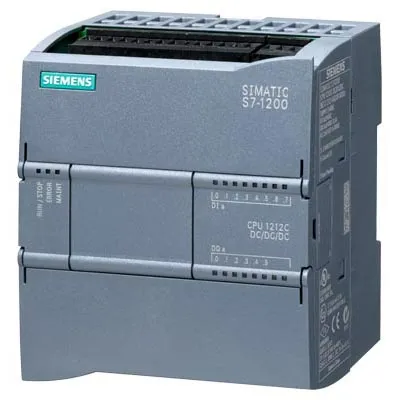
Case Study 3: AI Edge Computing, Europe
Tianjin Yongkai customized multicore CPUs to enable on-site AI inference, conforming to IEC 61508 SIL2 safety standards. Average temperature during operation 62°C, error rate close to zero after 1 year. "Exceeds European norms for reliability"—customer testimonial.
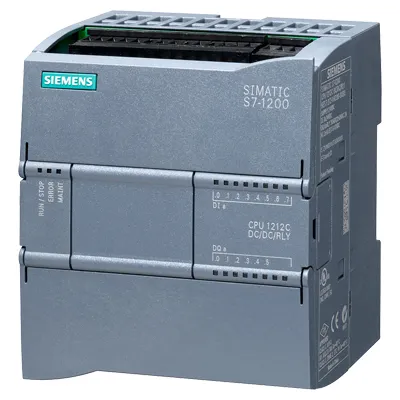
Professional FAQ: Central Processing Unit Types
Q1. What substrate material is chosen for industrial central processing unit types?
A: The core uses semiconductor-grade monocrystalline silicon, featuring high thermal stability and low impurity, often with low-percentage dopants for enhanced breakdown voltage.
Q2. Which international standards do CPUs from Tianjin Yongkai comply with?
A: All units comply with ISO 9001 for quality, ANSI/TIA/EIA electrical signatures, RoHS for environmental compliance, and include IEC 61508 (safety for industrial control).
Q3. What does "process node" mean in CPU manufacturing?
A: It refers to the photolithography minimum feature size; current mainstream is 7-14nm (nanometer) for production, impacting density, efficiency, and power.
Q4. What is TDP and why does it matter?
A: TDP (Thermal Design Power) measures the maximum heat a CPU generates under load and thus determines cooling requirements and safe continuous operation in enclosed or industrial cabinets.
Q5. What is the standard warranty period and MTBF?
A: Tianjin Yongkai offers 24 months warranty with MTBF above 100,000 hours, backed by replacement and on-site engineering support options.
Q6. How are CPUs protected against corrosion and vibration?
A: Special surface coatings (e.g., Parylene, epoxy), sealed connectors, and reinforced soldering meet IEC 60068 for vibration and corrosion resistance.
Q7. What installation standards should integrators follow?
A: Follow ISO/IEC TR 24747 and ANSI/EIA cabinet/electrical installation guidelines. For high-reliability settings, ensure ESD best practices and thermal management are in place during installation.
Ordering, Lead Time & After-sales Service
1. Lead Time: Standard models—7 to 15 working days; custom CPUs—21 to 35 working days after final drawings.
2. Warranty Service: 24 months, with hotline and remote video tech support.
3. Shipping Standards: All shipments pass full function and thermal test cycles, with ISO and ANSI compliance certificates.
4. Support: 24/7 technical hotline, field engineer dispatch, and online firmware updates.
5. Enterprise Certification: All products bear ISO 9001 and CE marks, referenced in public procurement and Fortune 500 SCADA projects.
2. Warranty Service: 24 months, with hotline and remote video tech support.
3. Shipping Standards: All shipments pass full function and thermal test cycles, with ISO and ANSI compliance certificates.
4. Support: 24/7 technical hotline, field engineer dispatch, and online firmware updates.
5. Enterprise Certification: All products bear ISO 9001 and CE marks, referenced in public procurement and Fortune 500 SCADA projects.

Why Choose Tianjin Yongkai Central Processing Unit?
- ISO 9001, CE, ANSI Certified
- Reference installs in >14,000 control cabinets worldwide
- Real MTBF test reports available upon request
- Long-term partnerships with Siemens, ABB, Honeywell
- Custom engineering team: 16+ years experience, 4.8/5 average client rating
For more information and personalized technical advice, contact us via central processing unit for sale at Tianjin Yongkai.


